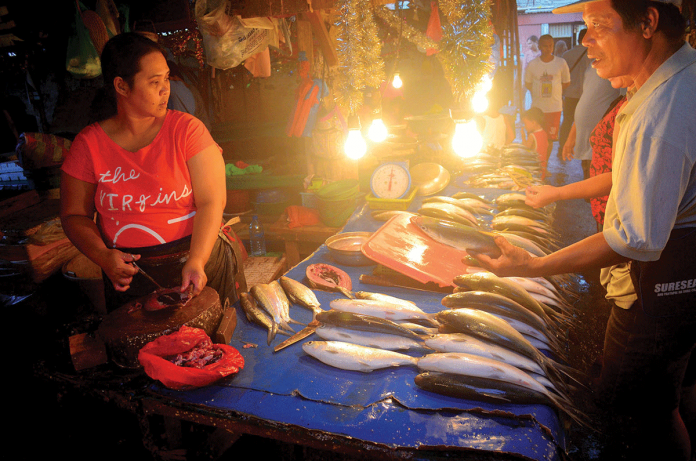
MANILA – The Bangko Sentral ng Pilipinas (BSP) expects the borrowing costs of microentrepreneurs to fall in step with record-low benchmark interest rates as well as innovations that can help lower the costs of microfinance institutions.
“We expect of course that the interest rate for the micro-enterprises to be lower as a result of the lower interest rates,” said BSP governor Benjamin Diokno.
Ellen Joyce Suficiencia, Director for Financial Inclusion at the BSP said, based on their dialogue with one of the biggest microfinance non-government organizations, microentrepreneurs pay an effective interest rate of around six percent a month for their microfinance loans.
To lower these costs, she said the BSP hopes the microfinance industry will adopt digitalization and scale up innovation so that they can spread the cost to more customers.
Diokno noted that bank loans to microentrepreneurs, such as sari-sari store owners and vendors, stood at P25.1 billion during the second quarter of 2020, an 863 percent increase from P2.6 billion in 2002.
The BSP and other government institutions have been highlighting microfinance as a flagship program on poverty alleviation since 2000.
Diokno shared that from 400,000 in 2002, the number of microfinance borrowers also surged to over two million by the second quarter of 2020.
Moreover, from 119 banks in 2002, there are now 149 banks that offer microfinance products and services.
Aside from bank microfinance credit, latest data showed that non-bank microfinance institutions (MFIs) such as non-government organizations catered to 5.2 million clients with P41.9 billion in loans in 2019.
The governor also shared improvements in its financial inclusion campaign, as the number of basic deposit accounts grew by 53 percent, or 2.1 million new basic deposit accounts as of the third quarter of 2020 compared to end-2019.
It also recorded 18.8 million new e-money accounts during the same period, or a 30 percent increase.
To further improve the local microfinance sector, the BSP, under its Financial Inclusion Steering Committee, also aims to facilitate the Philippine Guarantee Corporation to explore the development of a loan guarantee program for MFIs.
Diokno said this will encourage government and private commercial lenders to extend loans to MFIs for re-lending to their target market, and enable a continuous flow of credit to the entrepreneurial poor.
The BSP will also support MFIs in terms of technical assistance and technology matching grants to help them keep up with digital innovations.(ABS-CBN News)







